Best Ways to Finance a House: A Guide to Smart Homeownership
Buying a home is one of the most significant financial decisions you’ll make. With numerous financing options available, it’s essential to understand what works best for your situation. Here’s a comprehensive guide to the best ways to finance a house in New Jersey.
1. Traditional Mortgage Loans
Most homebuyers opt for a traditional mortgage, which allows you to pay for your home over a set period, usually 15 to 30 years.
- Fixed-Rate Mortgages: Offer consistent monthly payments and are great for long-term planning.
- Adjustable-Rate Mortgages (ARMs): Start with lower rates that adjust over time, ideal for those planning to sell or refinance before the rates increase.
2. Government-Backed Loans
These loans are designed to make homeownership accessible, especially for first-time buyers:
- FHA Loans: Require lower down payments and credit scores.
- VA Loans: Available to veterans and active-duty military members with no down payment required.
- USDA Loans: Offer financing for rural and suburban properties with low or no down payment.
3. Saving for a Larger Down Payment
Paying a larger down payment reduces your loan amount and can eliminate the need for private mortgage insurance (PMI). Aim for 20% down to unlock better terms, though many lenders accept as little as 3-5%.
4. Home Equity or Bridge Loans
For existing homeowners in New Jersey looking to upgrade:
- Home Equity Loans: Tap into the equity of your current home for a down payment on a new house.
- Bridge Loans: Provide temporary funds to cover a down payment until your current home sells.
5. First-Time Homebuyer Assistance Programs
Many states and cities offer grants, low-interest loans, or tax credits to help first-time buyers. Check local programs when buying a home in New Jersey to reduce upfront costs and make homeownership in New Jersey more affordable.
6. Consider Co-Buying or Co-Signing
If affordability is a challenge when buying a home in New Jersey, consider co-buying with a partner, family member, or trusted friend. Alternatively, a co-signer with a strong credit history can help secure better loan terms.
7. Personal Savings and Investments
- Use savings accounts, retirement funds, or investments wisely. Be cautious about dipping into long-term funds like 401(k)s, as early withdrawals may incur penalties.
- A high-yield savings account can help you grow your down payment fund faster to buy a house in New Jersey.
8. Seller Financing
In certain cases, home sellers in New Jersey may agree to finance their home directly, allowing you to make payments to them rather than a bank. This can be beneficial if traditional financing is not an option.
9. Shop Around for Lenders
Don’t settle for the first loan offer. Compare interest rates, fees, and terms from multiple lenders to secure the best deal. Online mortgage calculators can help you estimate costs and affordability.
10. Work on Your Credit Score
A higher credit score translates to lower interest rates. Take time to:
- Pay down debt.
- Dispute errors on your credit report.
- Avoid opening new lines of credit before applying for a mortgage.
Final Thoughts
Financing a home is a personal journey that depends on your financial situation, goals, and long-term plans. Take the time to research, seek professional advice, and choose the option that aligns with your needs. Remember, a well-planned home purchase sets the foundation for a stable and secure future in your new home in New Jersey.
Happy house hunting!





